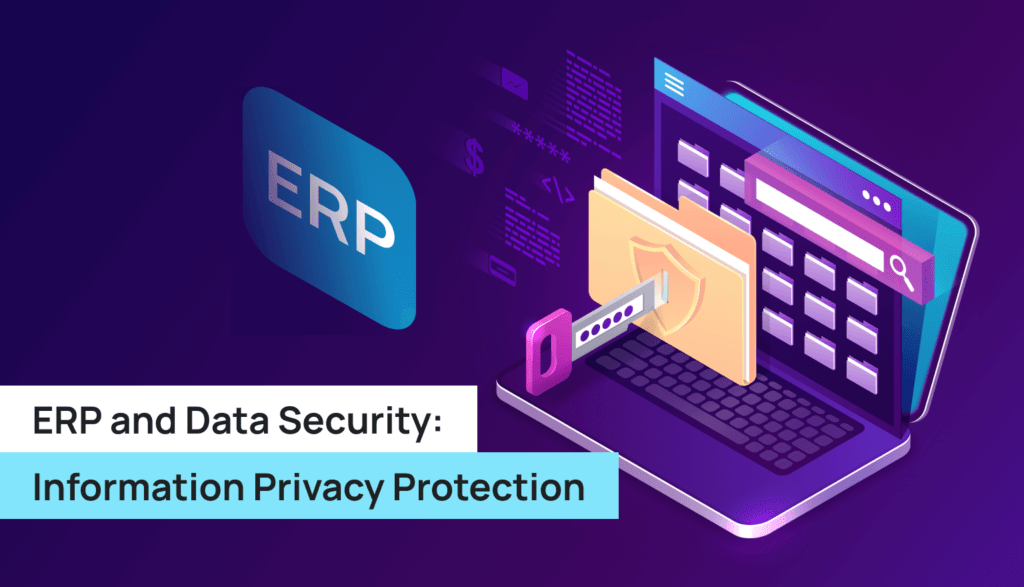In the fast-paced digital landscape, Enterprise Resource Planning (ERP) systems have become the backbone of modern businesses, streamlining operations, and enhancing productivity. However, with this convenience comes the critical concern of data security. Safeguarding sensitive business information within ERP systems is paramount to protect against cyber threats and ensure operational continuity.
1. Understanding ERP Systems:
- Define ERP systems and their significance in integrating core business processes.
- Highlight the multifunctional capabilities of ERP software in managing finances, HR, supply chain, and more.
2. The Importance of Data Security:
- Emphasize the value of data as a strategic asset for businesses.
- Discuss the repercussions of data breaches, including financial losses, reputational damage, and legal implications.
3. Common Threats to ERP Systems:
- Identify prevalent cybersecurity threats such as malware, phishing attacks, and insider threats.
- Explain how vulnerabilities in ERP systems can be exploited to compromise sensitive data.
4. Strategies for Protecting ERP Data:
- Encryption: Explain the role of encryption in securing data both in transit and at rest within ERP systems.
- Access Control: Highlight the importance of role-based access control (RBAC) to limit data access to authorized personnel.
- Regular Updates: Stress the significance of keeping ERP software up-to-date to patch vulnerabilities and enhance security.
5. Implementing Robust Security Measures:
- Two-Factor Authentication (2FA): Advocate for the adoption of 2FA to add an extra layer of security for user authentication.
- Intrusion Detection Systems (IDS): Discuss the role of IDS in identifying and mitigating potential threats in real-time.
- Employee Training: Emphasize the importance of educating employees about cybersecurity best practices to mitigate human error.
6. Compliance and Regulatory Considerations:
- Outline relevant data protection regulations such as GDPR, CCPA, and industry-specific compliance standards.
- Stress the importance of aligning ERP security measures with regulatory requirements to avoid penalties and legal consequences.
Conclusion: Securing ERP systems is imperative to safeguard valuable business information from evolving cyber threats. By implementing robust security measures, staying vigilant against potential risks, and ensuring compliance with regulations, businesses can fortify their defenses and protect their sensitive data, thereby fostering trust among stakeholders and enabling sustained growth in the digital age.
About iSky ERP: iSky ERP, developed by iskycreative.com and isky.ae, offers comprehensive ERP solutions tailored to the unique needs of businesses in UAE and Saudi Arabia. With a focus on data security and reliability, iSky ERP empowers organizations to streamline operations while safeguarding their valuable information assets.
